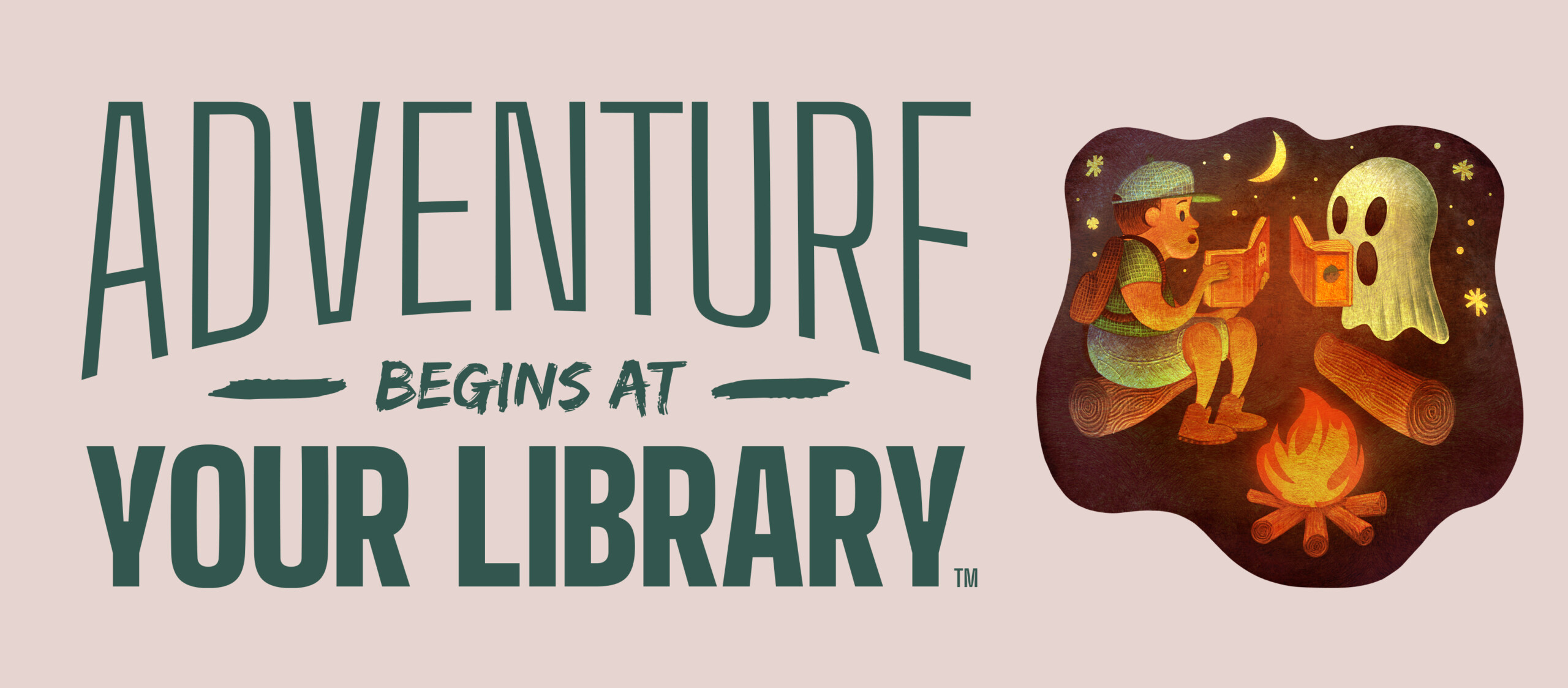The year has just begun, but library staff are already looking toward summer reading 2024. The Collaborative Summer Library Program theme this year is “Adventure Begins at Your Library,” and libraries are excited to plan adventures of all types for their communities. I’ve put together several resources to help with public library staff’s summer planning.
 Webinar: The best place to start is with the webinar I did in January 2024. This webinar covers updates about the 2024 Adventure Begins at Your Library program and highlights a variety of resources that should help you with program planning. You can view the webinar here.
Webinar: The best place to start is with the webinar I did in January 2024. This webinar covers updates about the 2024 Adventure Begins at Your Library program and highlights a variety of resources that should help you with program planning. You can view the webinar here.
Resource Website: Speaking of resources, I pulled together some of the most helpful resources for planning your summer reading program here. Included are all of the resources discussed in the above webinar, tutorials on navigating the online manual and planning summer reading, a list of adventure-themed topics to jump-start your creativity and much more.
CSLP Website and Manual: I highly recommend taking a look at the 2024 CSLP Online Manual for a ton of fully developed, ready-to-go program plans revolving around adventure. To access it, visit the CSLP website, go to “Manual Downloads,” and select “2024 Adventure Begins at Your Library!” You’ll be prompted to enter the manual code (Indiana public library staff may request the code here), and then you’ll have access to this wonderful resource!
CSLP Shop: Need shirts, decorations, incentive items and other gear with the trademarked CSLP artwork? Visit the CSLP Shop. CSLP is a nonprofit, and all of the money earned from shop sales go back into what the shop can sell next year. Just note the timelines – you must order by March 1 to receive your items by May 1.
 Program Ideas: This winter, I’ve been facilitating workshops across the state about the “Adventure Begins at Your Library” theme, and at each training I collect program ideas from the participants. I post those program ideas under “Summer Program Ideas for Current Year,” so check them out if you need help with your own idea creation. You can also view program ideas from past years here. Of course, you can use most of these ideas year-round! I recommend bookmarking them in your browser for quick access.
Program Ideas: This winter, I’ve been facilitating workshops across the state about the “Adventure Begins at Your Library” theme, and at each training I collect program ideas from the participants. I post those program ideas under “Summer Program Ideas for Current Year,” so check them out if you need help with your own idea creation. You can also view program ideas from past years here. Of course, you can use most of these ideas year-round! I recommend bookmarking them in your browser for quick access.
CSLP Summer Symposium: The CSLP Summer Symposium is a national, virtual, free mini-conference which takes place in December. The third annual symposium took place on Dec. 7, 2023, and the recordings are now available! There were four one-hour sessions, each worth one LEU, that may be helpful to you; the topics were simplifying summer reading, manual highlights, promotion and outdoor programming partnerships. You can view the recordings and access the supporting materials here.
As you begin to plan for summer 2024, I recommend keeping things simple for you and your patrons. Summer reading programs can be organized in a million different ways, so do what’s best for your community, but try not to over complicate it. You’ll thank yourself once summer rolls around. Happy planning!
Submitted by Beth Yates, Indiana State Library children’s consultant.

